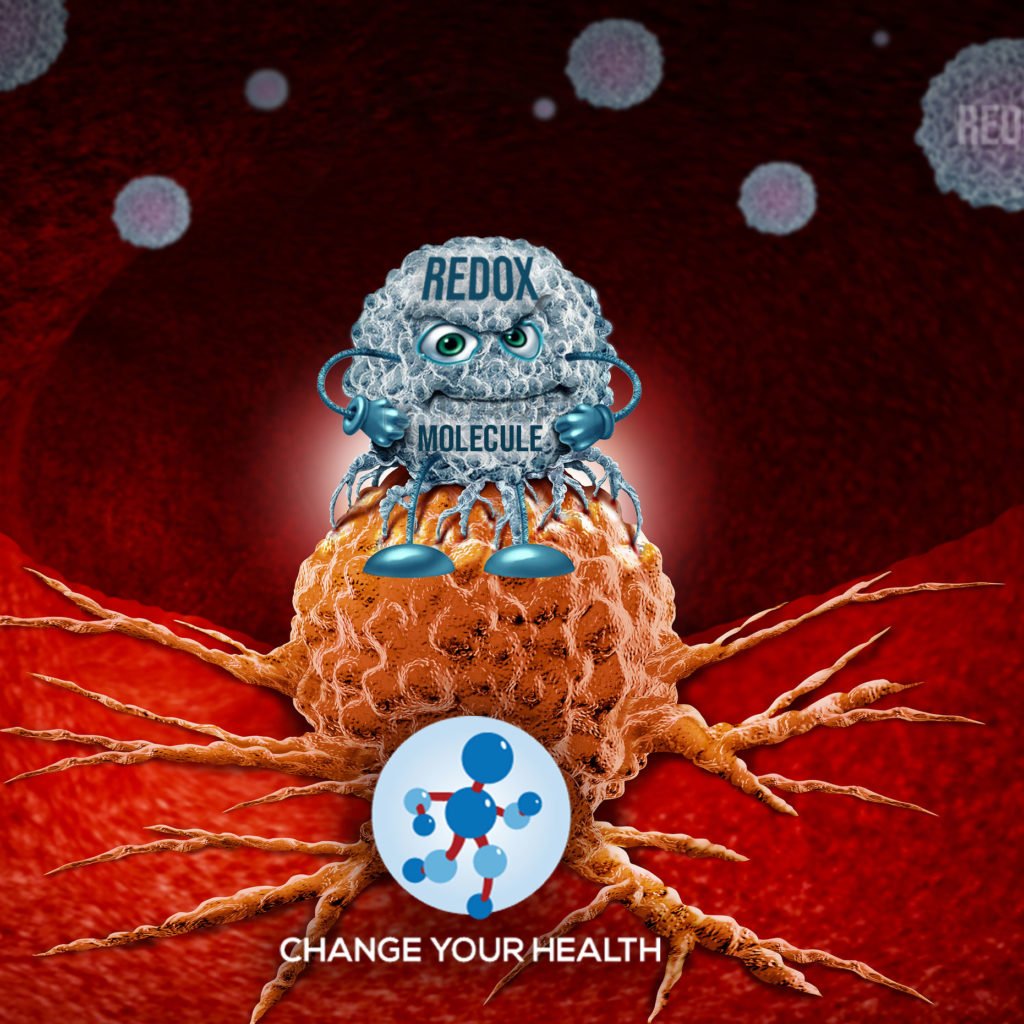Cancer a Redox Disease
Cancer cells are universally disturbed in their electronic energy balance, an understanding that potentially revolutionises cancer therapy and prevention Dr. Mae-Wan Ho
We are losing the war on cancer, targeting specific cancer gene mutations does not work, and for good reasons (see [1] Personalized Medicine for Cancer Fact or Fiction? SiS 54). Not only are the mutations remarkably diverse, differing between individuals and between parts within a single tumour, cancer cells soon become resistant to new drugs.
There is growing realization that cancer is not primarily a genetic disease, but an epigenetic response to chronic stress [2] (Cancer an Epigenetic Disease, SiS 54). Redundancy in diverse signalling pathways means that many different ‘adaptive’ mutations can enable cells to survive and multiply, predisposing them to malignant transformation.
One approach to cancer therapy is the much touted ‘personalized medicine’ that tailors the cure to key genes that have gone awry. But genetic heterogeneity poses a considerable, if not insurmountable hurdle [1].
The other approach is to target the most general characteristic of cancer cells and tumours that is distinct from normal cells, and this is becoming popular. Cancer cells typically have an abnormal energy metabolism, prompting some researchers to suggest that cancer is a metabolic disease [3, 4].
I prefer to call cancer a redox disease, as explained later, to distinguish it from the usual “inborn errors of metabolism” that underpinned the hypothesis of “one gene one enzyme” of biochemical genetics [5].
Ground breaking research on the REDOX relationship to cancer

